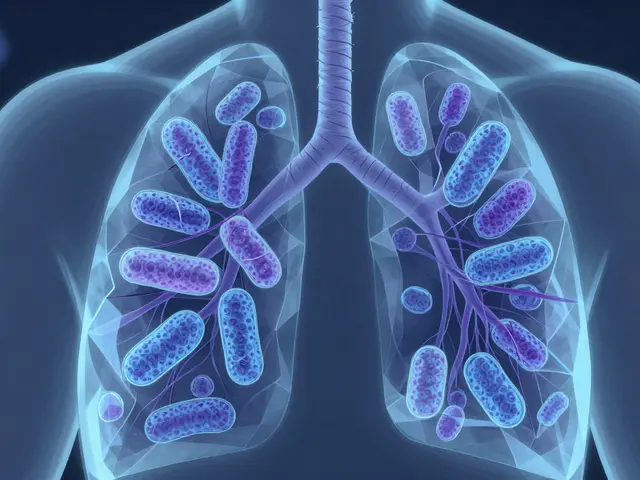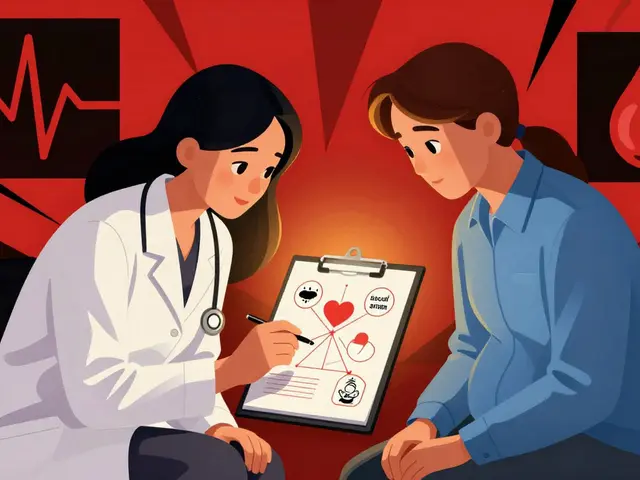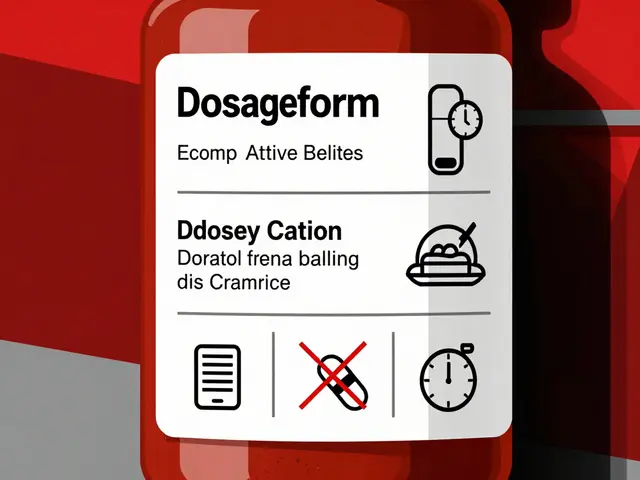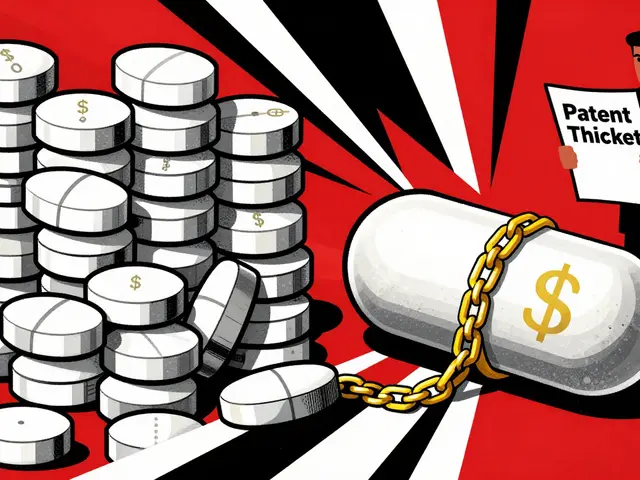Acne Medications: What You Need to Know to Clear Your Skin
Struggling with acne? You’re not alone. Acne affects a lot of people, and finding the right medication can feel confusing. The good news? There are plenty of effective acne medications out there that can help clear your skin and boost your confidence. Here’s what you need to know to navigate your options and get results.
Types of Acne Medications — What Works Best?
First up, acne medications mainly fall into two groups: topical and oral. Topical treatments include creams, gels, and lotions you apply directly to your skin. Ingredients like benzoyl peroxide, salicylic acid, and retinoids are common in these. Benzoyl peroxide kills acne-causing bacteria and helps prevent new breakouts. Salicylic acid works by unclogging pores, while retinoids speed up skin cell turnover, helping you shed dead skin that can clog pores.
On the other hand, oral medications are pills or capsules prescribed for more persistent or severe acne. These include antibiotics that fight inflammation and bacteria, hormonal treatments that regulate oil production, and sometimes isotretinoin for tough cases. Oral meds usually require a doctor’s supervision due to side effects and dosage management.
How to Pick and Use Acne Medications Smartly
Not every acne medication works the same for everyone. If you have mild to moderate acne, starting with a topical option is often a good idea. For example, benzoyl peroxide gels are widely available and affordable. Just be careful with your skin – start slowly to avoid irritation. If your skin gets too dry or red, try using it every other day or switch to a gentler product.
Consistency is key. Acne medications don’t work overnight. You usually need to stick with the treatment for at least 6 to 8 weeks before seeing noticeable improvement. Don’t be tempted to apply more than recommended—overdoing it can irritate your skin and worsen acne.
For more stubborn acne, it’s a good move to consult a dermatologist. They can prescribe oral antibiotics, hormonal therapy, or stronger topical retinoids. A healthcare professional will tailor the treatment to your skin type and acne severity, which maximizes your chances of clearing up faster.
Remember, good skincare habits—like gentle cleansing, avoiding heavy makeup, and not picking at pimples—boost the effectiveness of any medication. Pairing your acne meds with a balanced diet, plenty of water, and enough sleep doesn’t hurt either.
Ready to take control of your acne? With the right medication and a bit of patience, clearer skin is definitely within reach. Keep these tips in mind, and give your skin the care it deserves.
The Benefits and Drawbacks of Acne Medications: What You Should Know
Navigating the world of acne medications can be overwhelming. This article delves into both the advantages and disadvantages of common acne treatments, providing practical tips and insights to help you make informed decisions for your skincare routine.










